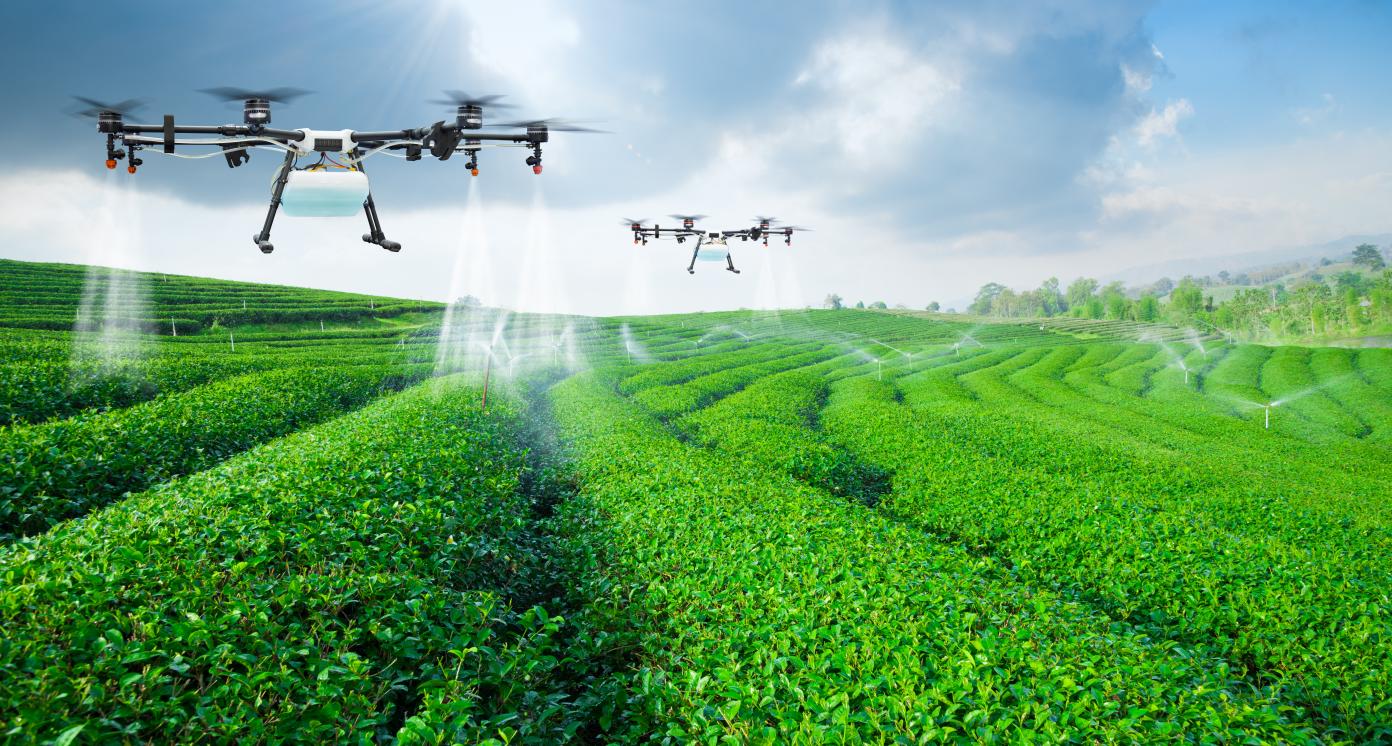Comprehensive Farm Drone Services: Boosting Productivity and Sustainability

Modern agriculture is increasingly shaped by technology. Among the most impactful tools in recent years are farm drone services, offering practical solutions to improve yields, reduce resource waste, and support long-term sustainability.
These services extend well beyond aerial photography and are helping farmers make informed, timely decisions through advanced monitoring and precise field applications.
Let’s explore how drone-based services are reshaping farming operations, both in terms of daily efficiency and broader environmental goals.
Practical Benefits of Drone Services for Agricultural Operations
Farm drone services support a range of daily tasks, helping farmers manage their land more accurately and efficiently. These services deliver more than just visuals; they enable timely decisions and measurable results. Here are some of the most valuable applications:
1. Aerial Crop Assessment
Drones provide high-resolution images and videos that help farmers identify variations in plant health, pest outbreaks, or growth inconsistencies. These insights support timely interventions that can improve overall crop performance.
2. Targeted Spraying and Seeding
Instead of applying treatments across an entire field, drones allow for selective application. This approach reduces input costs and prevents unnecessary exposure of chemicals to healthy plants and soil.
3. Advanced Field Mapping
Using GPS and imaging technologies, drones create detailed field maps. These maps can reveal elevation changes, drainage patterns, and planting irregularities, all of which are useful for long-term planning and soil preservation.
4. Livestock Observation
Drones can also assist in monitoring animal movement, behavior, and safety. This reduces the need for manual checking and allows earlier response to potential health or safety concerns.
As this study notes, drone-based sensing technologies are helping farmers improve decision-making through real-time, site-specific insights.
Supporting Sustainable and Efficient Agriculture
Beyond field-level tasks, drones also contribute to more sustainable practices and long-term land health.
- Resource Optimization: Drone-guided applications help reduce water, fertilizer, and pesticide usage by delivering inputs only where needed. This leads to both environmental and cost benefits.
- Soil Protection: Since drones reduce the need for heavy machinery for tasks like monitoring and spraying, they help maintain soil structure and prevent compaction.
- Better Preparation for Climate Variability: Drone-generated data can provide early warnings and more accurate field diagnostics, helping farmers prepare for shifts in weather or seasonal conditions.
When to Use Drone Technology During the Farming Cycle
Drone technology can be applied at various points in the crop cycle to maximize results:
- Pre-Planting – For soil analysis and field surveys
- Mid-Season – For crop monitoring, weed detection, and targeted input delivery
- Harvest Planning – For yield estimation and labor planning
Integrating drone data across multiple stages of growth allows for better continuity in decision-making and field management.
Customizing Drone Solutions Based on Farm Needs
Not every farm requires the same level of drone support. The choice of services should align with crop type, land size, and current challenges. For example:
- Smaller farms may benefit most from crop monitoring and visual analysis
- Larger farms may need automated spraying, thermal imagery, and integration with digital management tools
The ideal approach is to start with one or two core services and expand as benefits become more visible over time.
Selecting the Right Drone Service Provider
Choosing a reliable drone partner is critical to the success of these tools. A few important factors to consider include:
- Familiarity with local crops and farm practices
- Clear and actionable reporting formats
- Scalable service options for different budgets
- Availability of technical support or training if needed
A provider who understands agriculture as well as drone technology will offer better insights and long-term value.
Conclusion
Farm drone services are helping farmers improve decision-making, reduce resource waste, and strengthen their operations. These tools support higher productivity while contributing to more sustainable agricultural practices.
Rather than replacing traditional knowledge, drones add a new layer of precision that enhances on-the-ground experience. By gradually introducing drone-based services into daily operations, farmers can better navigate the challenges of modern agriculture and build a more resilient future for their farms.




